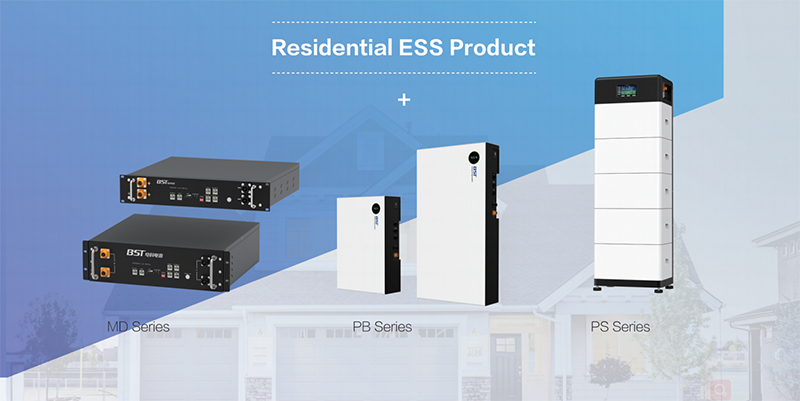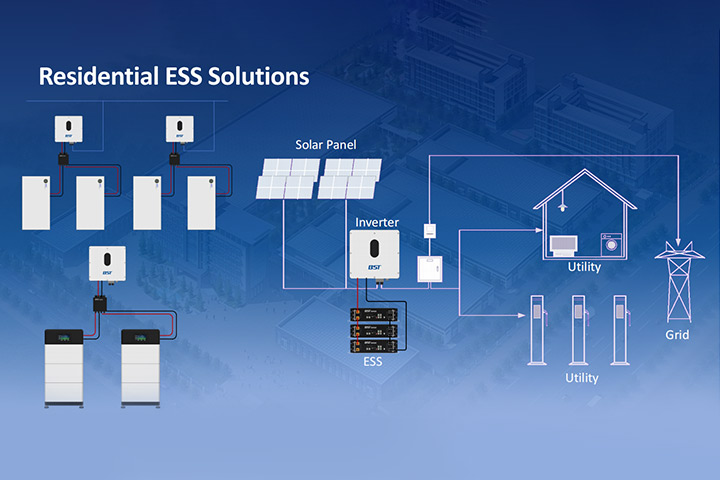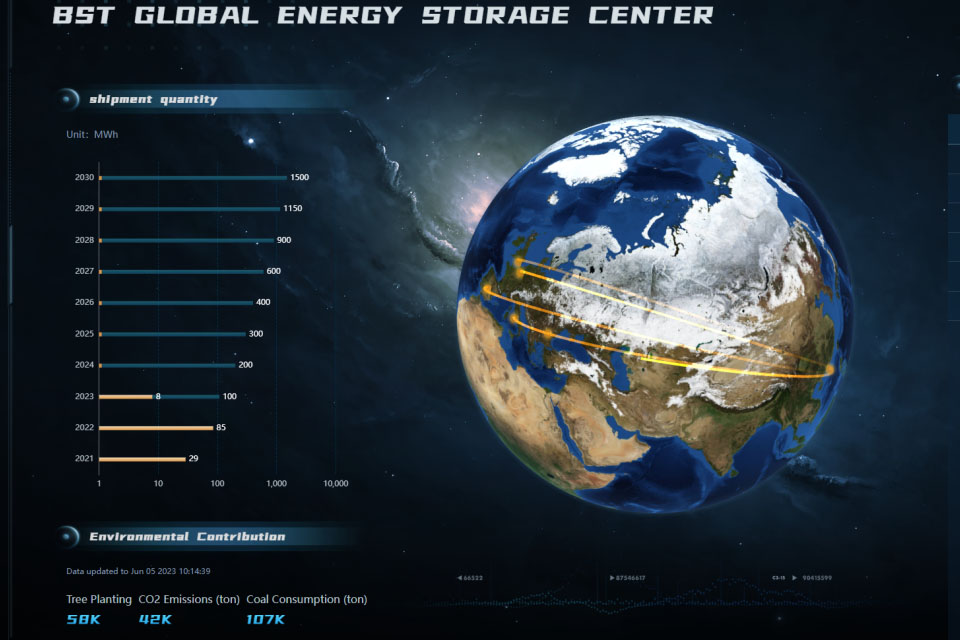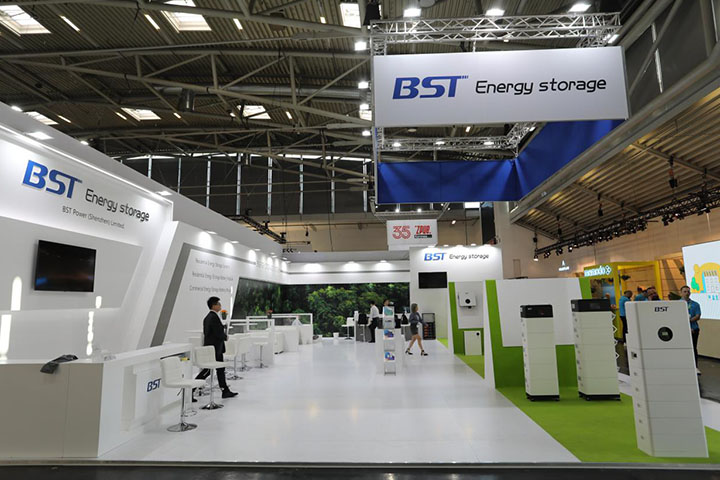As renewable energy adoption grows, residential installers and energy solution providers must choose the right battery systems for their clients. Among the most popular options are 12.8V and 48V home energy storage systems. Each has unique features, but which one offers more value, efficiency, and long-term benefits?
In this article, we’ll compare both systems from a practical and technical perspective — helping you understand which one is the better fit for your clients’ needs in 2025 and beyond.
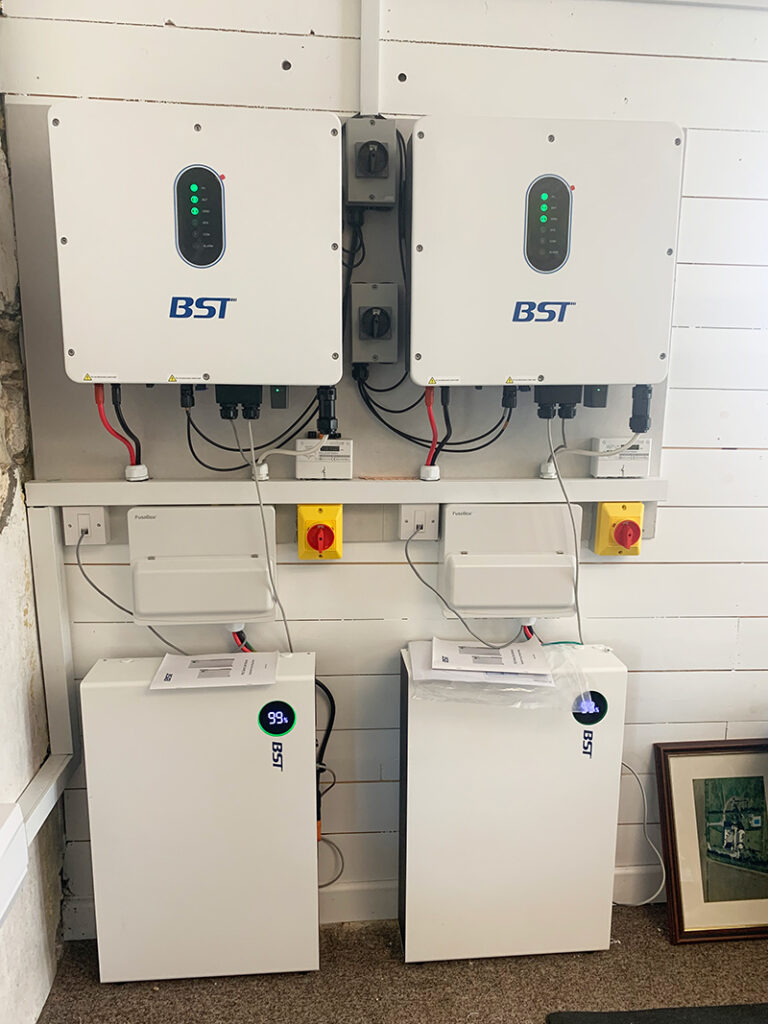
Understanding the Basics
What is a 12.8V Home Energy Storage System?
A 12.8V battery system typically uses LiFePO4 (Lithium Iron Phosphate) cells and is commonly applied in:
- RVs and yachts
- Small off-grid solar setups
- Emergency power supplies
- DIY or modular systems
These systems are often compact and easy to install, suitable for low-power residential or mobile applications.
What is a 48V Home Energy Storage System?
A 48V system operates at a higher voltage, making it more efficient for:
- Whole-home backup
- Grid-tied solar systems
- Inverter compatibility
- High-load energy storage
It’s designed for modern households looking to maximize energy efficiency, reduce power loss, and integrate seamlessly with solar inverters.
Key Differences Between 12.8V and 48V Systems
| Feature | 12.8V System | 48V System |
|---|---|---|
| Voltage Efficiency | Low voltage = higher current (more loss) | High voltage = lower current (less loss) |
| Scalability | Limited | Highly scalable |
| System Size | Small setups | Medium to large residential setups |
| Installation | Simple | Professional setup recommended |
| Compatibility | Works with basic inverters | Compatible with most solar inverters |
| Safety | Very safe | Also safe, with proper BMS |
| Cost | Lower upfront cost | Better long-term ROI |
| Energy Loss | Higher due to current resistance | Minimal, especially over long distances |
Why 48V Systems Are Better for Modern Homes
1. Higher Energy Efficiency
48V systems reduce current flow, which means less heat generation and lower energy loss. This translates to better overall efficiency, especially when running larger household appliances or high-load systems.
2. Improved Inverter Compatibility
Most modern hybrid or off-grid inverters are designed for 48V systems. This means easier integration and fewer compatibility issues, making system design simpler and more reliable.
3. Greater Scalability
Clients looking to expand their system over time — such as adding more solar panels or increasing backup capacity — will benefit from the modular nature of 48V systems. They’re future-proof and ready to grow with demand.
4. Better Return on Investment
While 48V systems may cost more initially, the reduced power loss, higher inverter efficiency, and longer cycle life often result in lower total cost of ownership. Clients will save more in the long run.
5. Professional Appeal
For B2B clients such as installers or distributors, offering 48V systems shows a commitment to higher standards, cutting-edge technology, and comprehensive energy solutions. It positions your business as a future-ready partner.
When to Recommend 12.8V Systems
There are still use cases where 12.8V batteries shine:
- Small, mobile energy projects
- DIY or off-grid cabins
- Budget-conscious entry-level customers
However, for full home energy solutions, 48V is becoming the industry standard — especially in regions with growing energy demand, net metering, and solar incentives.
Conclusion: Choose 48V for Power, Efficiency, and Growth
In the evolving home energy market, 48V battery systems are the better choice for most residential applications. They offer:
- Superior efficiency
- Compatibility with solar infrastructure
- Long-term cost savings
- Scalable energy storage solutions
If your goal is to offer clients a future-proof, high-performance, and reliable energy storage solution, then 48V is the way to go.
Why Partner with BST Power?
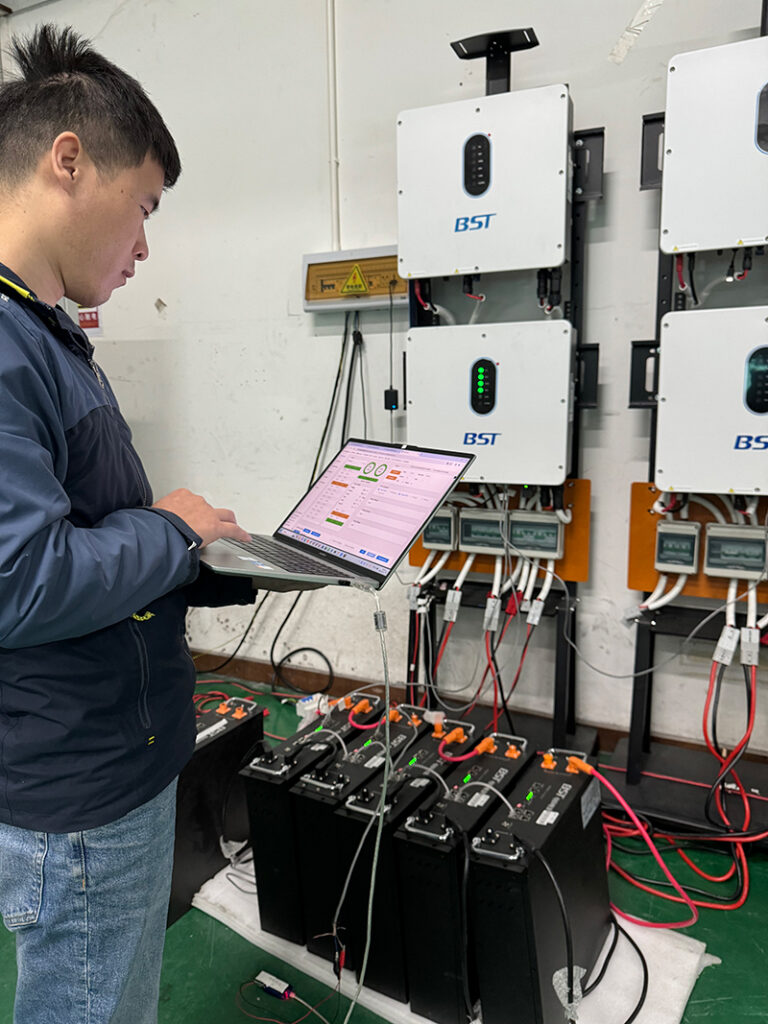
Our advantages:
- Premium-grade LiFePO4 cells
- Smart BMS and inverter compatibility
- Scalable modular design
- Fast delivery & global support
- Proven performance in 60+ countries
Ready to upgrade your clients’ energy solutions?
Explore BST’s 48V energy storage systems — designed for the future.
